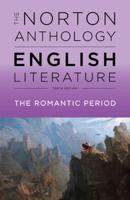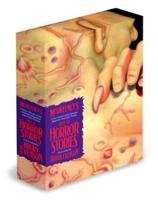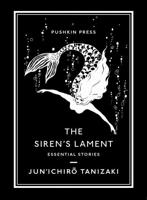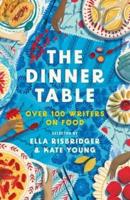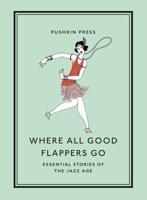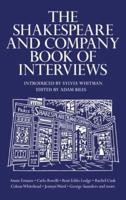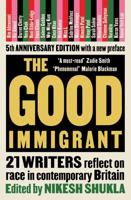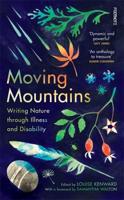Publisher's Synopsis
Eighteen international writers respond to the open-ended period of social distancing, closures, and illness caused by Covid-19. Compiled during the initial lockdown in Europe, this special collection is a meteoric publishing project with contributions from some of the most exciting and innovative authors working today.
Original work by Enrique Vila-Matas, Olivia Sudjic, Jon Fosse, Inger Wold Lund, Vi Khi Nao, Patrìcia Portela, Lucie Elven, Mara Coson, Christina Hesselholdt, Jean-Baptiste Del Amo, Naja Marie Aidt, Michael Salu, Joanna Walsh, Jakuta Alikavazovic, Anna Zett, Emilio Fraia, Frode Grytten, and Olga Ravn
Translations by Margaret Jull Costa, Zoë Perry, Martin Aitken, Denise Newman, Paul Russell Garrett, Damion Searls, and Rahul Bery
Meditating on notions of distance and closeness, sameness and alterity, extinguishing and kindling, Tools for Extinction considers how a common pause might give rise to new modes of domesticity and shift experiences of time. What gestures and actions are we willing to perform to make ourselves, and each other, feel at ease - or at work? What tools and objects are useful, or unprecedentedly useless, to us in the process? And as our species' trademark proclivity for projecting ourselves into the future is disrupted, might we come to see the buildings, animals, plants, and foodstuffs around us in a new light?
The anthology takes its name from Steven Brand's Whole Earth Catalog, a 1960s counterculture compendium of product reviews, essays, and articles on the themes of self-sufficiency, ecology, and alternative education. By giving "access to tools", a new social order and a more sustainable Earth was imagined.
Compiled, edited and with a foreword by Denise Rose Hansen.
Praise for Tools for Extinction
The strongest lockdown literature
- Michael La Pointe, TLS
All the pieces here feel like they could end abruptly. They often do. This gives the collection a start and stop quality that feels appropriate. Our newsfeed minds are often diving in and self-ejecting out of intimate scenes from others' lives. Reading this book is akin to wandering around the authors homes, seeing if they've got any grand truths on the mantelpiece or in the basket on the landing. But there's often no lesson to be learned from solitude other than the experience of it. The hope carried in this book is that we can lean on fiction even beyond its breaking point - and our own
- Republic of Consciousness
Tools for Extinction grapples with the grief, trauma and anxiety of Covid-19 without presenting these phenomena as something entirely new. It is not a time capsule or a pandemic diary. It is not meant to be a record of an aberration to be read in libraries and schools in 2021 that look just like those of 2019. Tools for Extinction is meant to show that artists will have to adapt. The fact that the book came together in a few short months during a lockdown shows it can be done. And the resonance that the writing has for a reader still in lockdown shows that art still matters
- Artist Books Reviews
Tools for Extinction is acute literature. . . it signals the emergence of crisis-responsive fiction
- Klaus Rothstein, Weekendavisen



